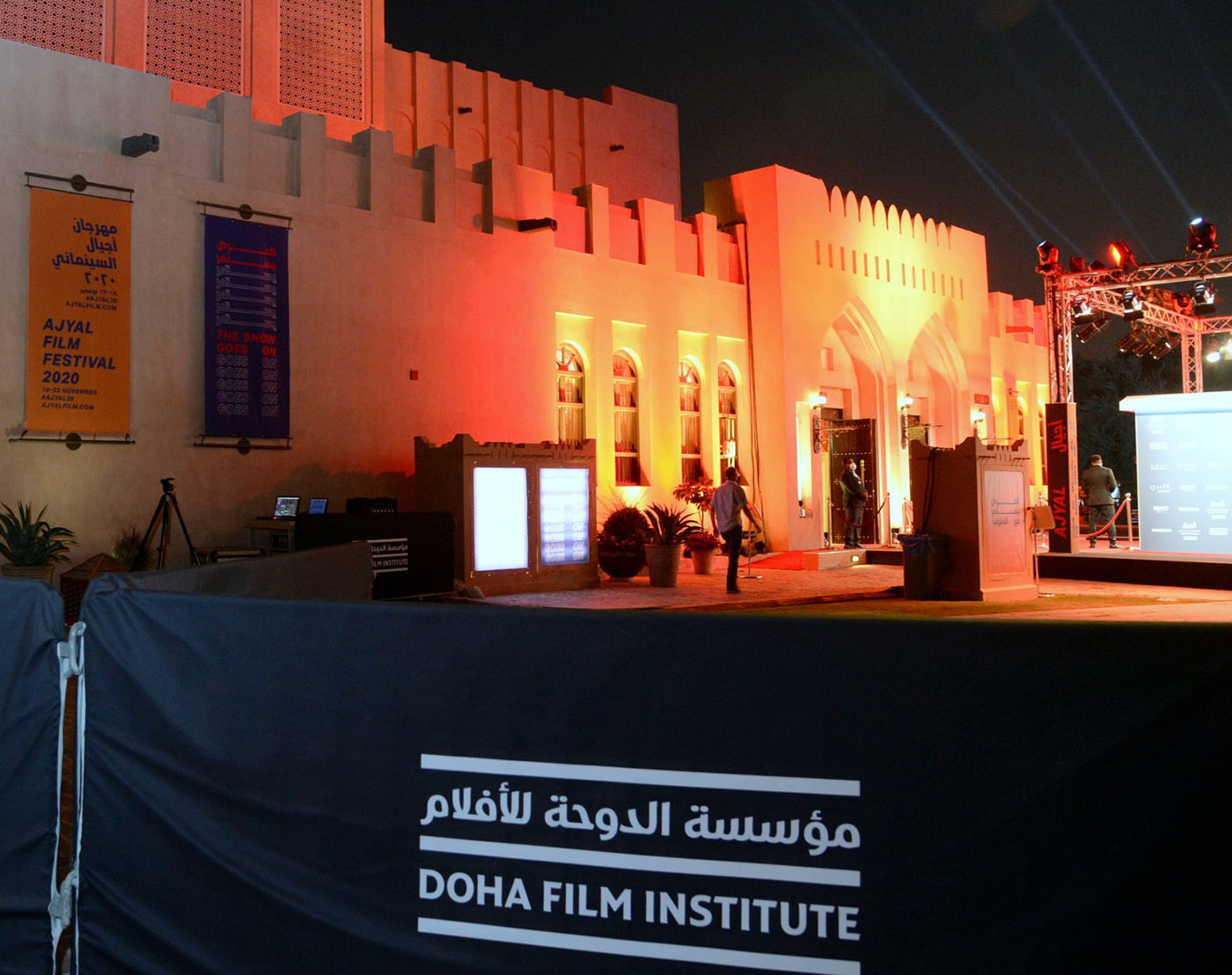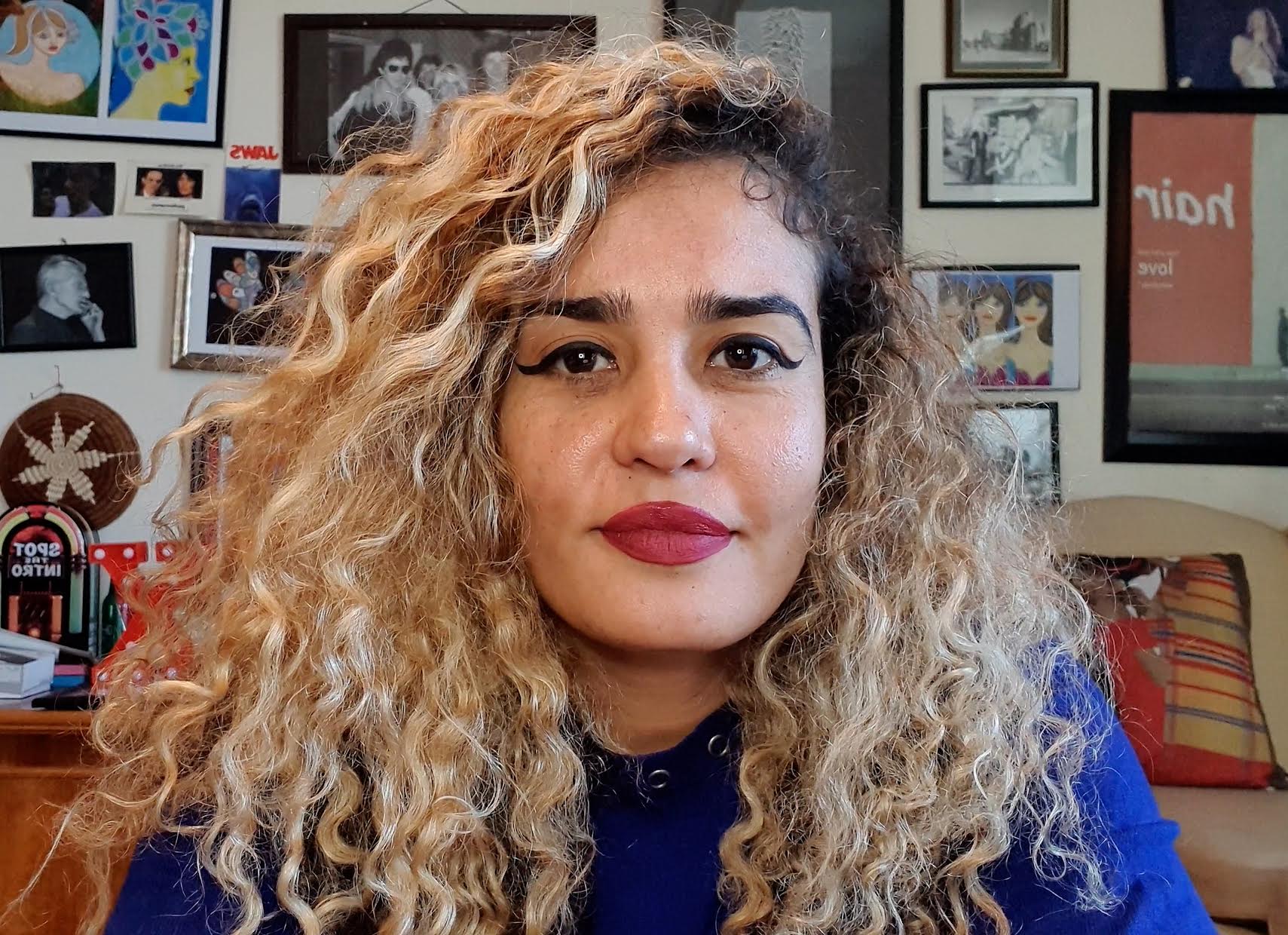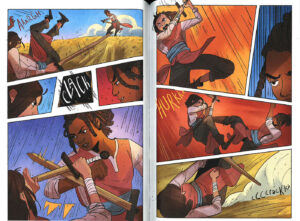Suzannah Mirghani
Rithy Panh, the award-winning Cambodian-French filmmaker, has been a long-term mentor at the Short Documentary Lab at the Doha Film Institute (DFI) in Qatar. In collaboration with Panh’s Bophana Centre in Phnom Penh, Cambodia, and organized by DFI’s Hanaa Issa, Ali Khechen, and Ania Hendryx Wójtowicz, the Doc Lab has been dedicated to instilling in Qatar’s fledgling filmmakers an artistic approach that revolves around looking inside oneself to make sense of the world, and examining the world to make sense of oneself. During the 2020–2021 edition of the Doc Lab in which I participated, that world was in lockdown, that world was in turmoil, that world was almost entirely virtual.
The confounding coronavirus pandemic period was the setting in which we, as lab participants, documented our contemporary condition any which way we could, with whatever tools we had at hand, within the confines of our living spaces. Unsurprisingly, the theme of the workshop that year was to explore our definitions and experiences of “confinement and isolation,” with Panh encouraging us to audio-visually represent the fact that “a small invisible virus” had exposed “the fragility of our existence.”
Ensuring that the lab continued during the pandemic was Panh’s way of pushing participants to keep creating, despite the setbacks. The overarching question that guided the workshop asked participants to imagine what happens when filmmakers become unable to work with the casts, crews, and locations to which they are accustomed?
The drive of the workshop was for filmmakers to become more independent, more self-reliant, more versatile, more creative, and perhaps even more passionate about the urge to make films. Our small task was to keep cinema alive in the full knowledge that theatres would be shuttered for the foreseeable future, and that screenings would be confined to the home, to patchy streaming services, television sets, laptops, and mobile phone screens.
Panh’s lab was a savior for many filmmakers, such as myself, who wanted to divert our attentions to something other than the death and depression that defined the time. Despite our attempts to escape the world around us through daily online sessions, Panh returned our gaze to the waning world, encouraging participants to look out their windows at their versions of it, examine, discuss, film, screen, and, hopefully, make sense of and perhaps even change that world.
I chose to make light of it.
In my experimental documentary, Virtual Voice, I created a satirical review of our times narrated through a machine-automated voice, featuring Suzi doll, my online avatar, an “ego-warrior” marching to the algorithms of social media. My set was cyberspace. My idea of the world was increasingly framed through the screen, and social media was all I seemingly needed to sustain my imagined communities. Virtual Voice was shot entirely using Zoom recordings, social media scrolls, Snapchat filters, and mobile phone captures. A single shot in a supermarket served to remind me of that one permitted physical space, that one connection to reality, in which food and toilet paper represented the alpha and omega of our bodily existence. I explored the question: In a virtual world, what does it mean to be human?
Panh has led the Doha Film Institute’s Doc Lab for many years, with his special style of mentoring geared towards searching for questions, not answers. He encourages play in filmmaking, and even though many of the workshop topics, such as death and depression, are often devastating on the scale of human actions and emotions, he encourages their examination with creativity, curiosity, and care — an approach Panh pursues in his own work, including his 2013 film The Missing Picture, which was nominated for the Academy Award for Best Foreign Language Film and won the Grand Prix in the Un Certain Regard section at the Festival de Cannes.
Some of the successful works to have been produced in Panh’s Lab include Majid Al Remaihi’s experimental documentary, And Then They Burn the Sea, which premiered at the 2021 Locarno Film Festival, and won the main prize of “Best Film” in the international documentary competition at Vienna Shorts in 2022, making it eligible for consideration in the 2023 Academy Awards. While the film was ultimately not shortlisted, it was a win for Panh’s Lab, and has encouraged other filmmakers to create their work under the maestro’s mentorship. The film was guided by Panh’s particular method of narration, which revolves around “working with memory, culture, and identity to gain an in-depth understanding of personal traditions, celebrations, community, and the oral history of a country.”
Two films whose directors worked closely with Panh premiered internationally at the Tribeca Film Festival, including my own Virtual Voice in 2021 and Ania Hendryx Wójtowicz’s Fever Dream in 2022, in which the documentary lab organizer found herself becoming a first-time filmmaker during the workshop, documenting her experience of contracting Covid-19, and intertwining life and art as she shot and edited the film in quarantine.
Many other films made in the Doc Lab have been screened at noteworthy international film festivals: Maysaa Almumin’s And I Was Left Behind (2021) had its international premiere at the Cairo International Film Festival; Rawane Nassif’s Ode to Loneliness (2022) premiered at Rotterdam International Film Festival; Mariam Al-Dhubhani’s Just Another Memory (2018) played at the American Documentary Film Festival; Eiman Mirghani’s The Bleaching Syndrome (2018) screened at the Malmö Arab Film Festival; Noor Alasswad’s Under the Lemon Tree (2020) showed at AFI Docs; Christophe Buffet and Yasser Mustafa Shater’s co-directed Stranger (2020) won the Jury Award at the Ajyal Film Festival; and Anna Prokou’s Emily, ilaw ng tahanan (2020) screened at WorldFest-Houston International Film Festival, among many other international festivals.
What unites all of the films created in Panh’s Doc Lab is their experimental format, creatively blending reality and fiction under the watchful eye of the maestro. Encouraging little distinction between film types and styles, the Doha Film Institute’s Short Documentary Lab affords filmmakers the freedom to both create and break cinematic forms in whichever way they feel is right. The question participants consistently ask Panh during his labs is: Are we making fiction or documentary, or a blend of both? Panh’s answer is always the same: “You’re making a film.”









